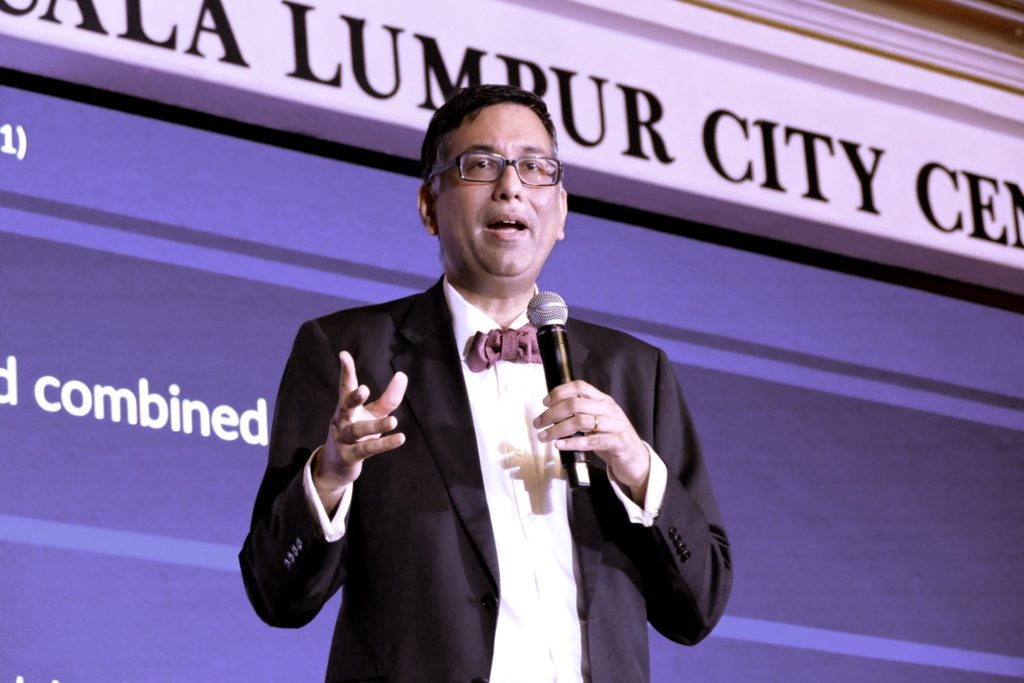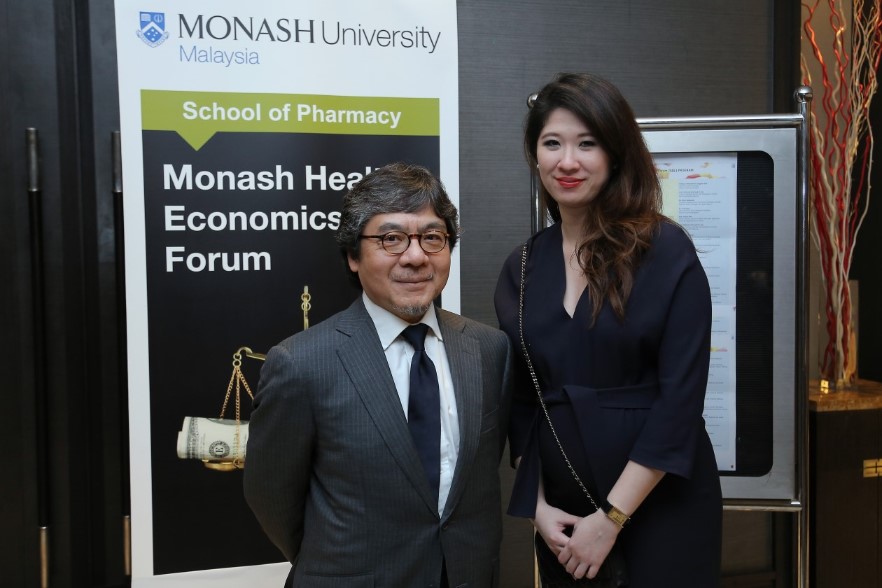KUALA LUMPUR, Jan 17 — Some industry stakeholders predict higher specialist fees in private hospitals once their rates are deregulated, but believe these will be moderated in a competitive market.
June Choon, a lecturer with Monash University Malaysia’s School of Pharmacy, predicted slightly increased rates if the private specialists are convinced that they can maintain their clientele due to their reputation or service quality.
“For now, we can’t tell if the doctors’ consultation fee will go very high because of market competition,” the former honorary secretary and treasurer with the Penang chapter of the Malaysian Pharmaceutical Society (MPS) told CodeBlue. “However, the overall hospital bill will still increase.”
On December 6, Cabinet, in a landmark decision, announced that it would deregulate private medical practitioners’ consultation fees, 13 years after they were legislated in 2006 under the Private Healthcare Facilities and Services Act (PHFSA) 1998.
Under Schedule 7 of the PHFSA, private clinic general practitioners (GP) and dentists’ consultation fees are capped at RM10 to RM35, and RM25 to RM250 respectively. Under Schedule 13, private hospital specialists’ consultation fees are legislated at a rate of RM80 to RM235.
The deregulation decision has yet to come into effect, and will take at least one to six months before GPs, dentists, and specialists in private clinics and hospitals are free to set their own consultation fees.
Health and social outcomes think tank, the Galen Centre for Health and Social Policy, has predicted immediate higher charges among private health practitioners once the deregulation decision kicks in, to continue to pay salaries, buy equipment, and medicine.
The Medical Practitioners Coalition Association of Malaysia said private specialists will set their new consultation fees based on what their colleagues and peers are charging, and taking into account fee schedules by the Malaysian Medical Association (MMA).
However, the coalition’s president, Dr Raj Kumar Maharajah, noted that the MMA can only guide doctors’ fees, not hospital fees, but shrugged off concerns that fees would become too unaffordable for patients.
“Patients need not worry because they still have choices to pick from so many private hospitals and specialists, and even if all this fails, they still have a choice to go to the public hospitals which are also well run and equipped, heavily subsidised by the taxpayers.
Dr Raj Kumar Maharajah, president of the Medical Practitioners Coalition Association of Malaysia
“There are many private hospitals now,” Dr Raj Kumar added. “Patients will be able to make comparisons and decide.”
The Federation of Private Medical Practitioners’ Association Malaysia (FPMPAM), on the other hand, said the previous ceiling fee of RM235 for the first private hospital patient visit needs to be increased.
“If a physician has taken one hour to sort out a complicated patient’s problem through history, physical examination, and rationalising out essential investigations and plan of management, the previous ceiling fee of RM235 for the first visit is clearly unreasonable,” said FPMPAM president Dr Steven Chow.
He also noted that specialist doctors’ bills account for 10 to 30 per cent of most hospital bills, adding that specialist charges here are among the lowest in the region.

However, the Association of Private Hospitals of Malaysia (APHM) expressed doubt that its specialists will charge higher consultation fees, saying there was already a lot of public outcry over private hospital bills that are perceived as high.
“It will be highly unlikely that doctors in the private hospitals will suddenly decide to really go and overcharge beyond a level that the private hospital bill becomes too expensive,” said APHM president Dr Kuljit Singh. “I don’t think so, because they’re gonna kill the whole industry (if they do that).
“Everyone doesn’t want the bills to become so high,” he added. “I think there’ll be enough of self-regulation in this. I mean, there will be black sheep, but generally speaking, I think doctors, at the end of the day, don’t have that kind of heart to say, ‘Nevermind. I’ll just whack and give (charge) everything.’”
Dr Kuljit added that most private hospital specialists are sensitive and will try their best to ensure their patients’ hospital bills are not high, to help their patients, noting that their bills are low, even with the hospital charges including specialist fees.
“The patients, they always look at the bill and say, ‘Wow, so much’. Actually, that is already very, very low, but patients don’t realise that. They only look at their own bill and say, ‘wow’, but if you look at the hospital end of things, the amount of expenses that they have, and the amount of money they spend, that is pretty negligible, so to speak.”
He also lauded the deregulation move, saying experienced and competent senior doctors in the private sector should be able to charge more when compared to those who lack experience, and who don’t carry out risky operations.








